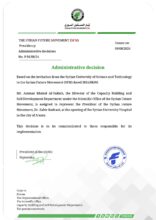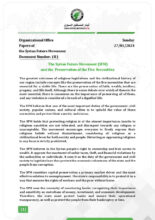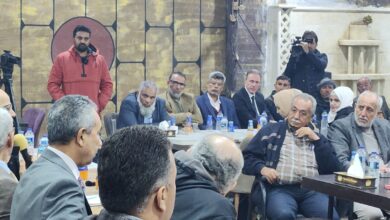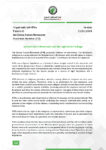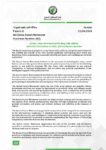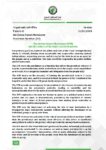The Syrian Future Movement (SFM) and Shared Living
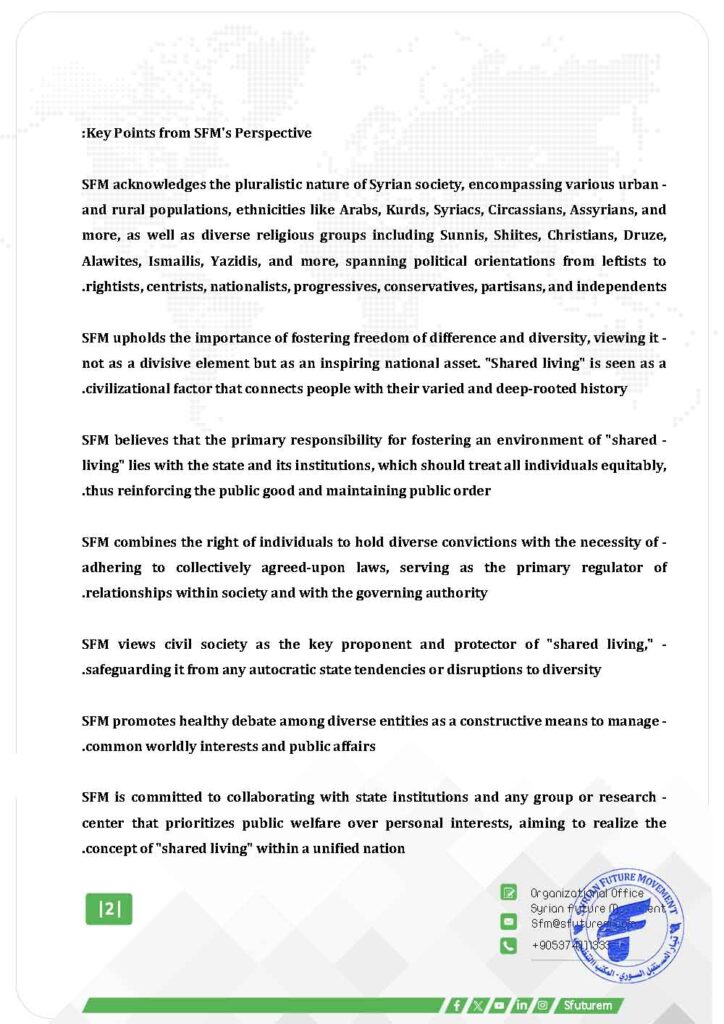
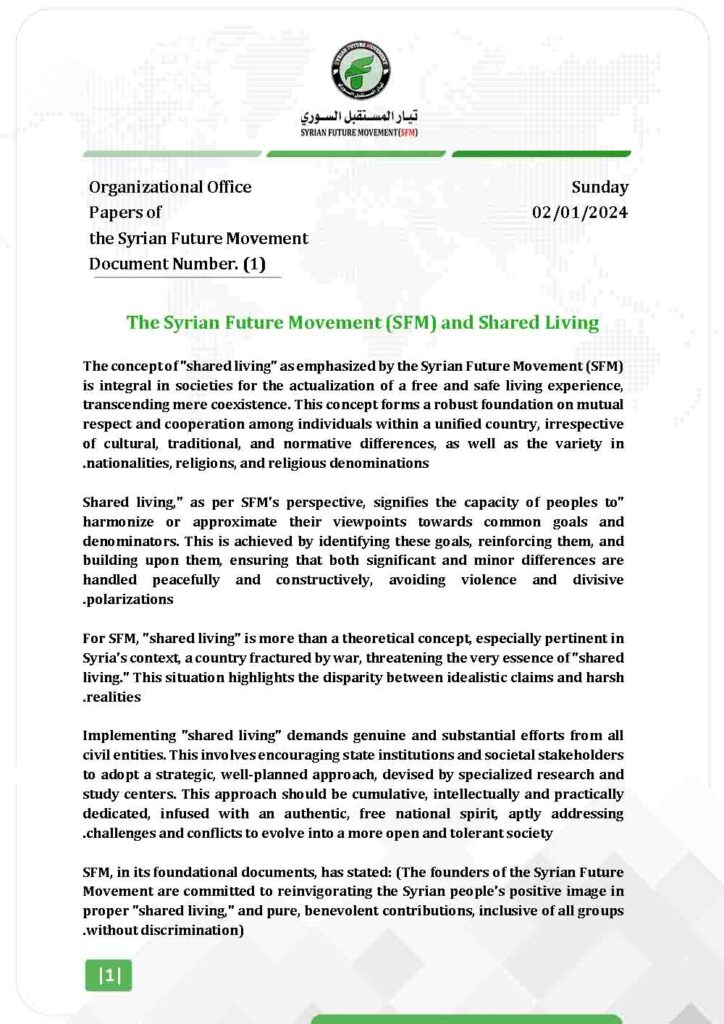
The concept of “shared living” as emphasized by the Syrian Future Movement (SFM) is integral in societies for the actualization of a free and safe living experience, transcending mere coexistence. This concept forms a robust foundation on mutual respect and cooperation among individuals within a unified country, irrespective of cultural, traditional, and normative differences, as well as the variety in nationalities, religions, and religious denominations.
“Shared living,” as per SFM’s perspective, signifies the capacity of peoples to harmonize or approximate their viewpoints towards common goals and denominators. This is achieved by identifying these goals, reinforcing them, and building upon them, ensuring that both significant and minor differences are handled peacefully and constructively, avoiding violence and divisive polarizations.
For SFM, “shared living” is more than a theoretical concept, especially pertinent in Syria’s context, a country fractured by war, threatening the very essence of “shared living.” This situation highlights the disparity between idealistic claims and harsh realities.
Implementing “shared living” demands genuine and substantial efforts from all civil entities. This involves encouraging state institutions and societal stakeholders to adopt a strategic, well-planned approach, devised by specialized research and study centers. This approach should be cumulative, intellectually and practically dedicated, infused with an authentic, free national spirit, aptly addressing challenges and conflicts to evolve into a more open and tolerant society.
SFM, in its foundational documents, has stated: (The founders of the Syrian Future Movement are committed to reinvigorating the Syrian people’s positive image in proper “shared living,” and pure, benevolent contributions, inclusive of all groups without discrimination).
Key Points from SFM’s Perspective:
- SFM acknowledges the pluralistic nature of Syrian society, encompassing various urban and rural populations, ethnicities like Arabs, Kurds, Syriacs, Circassians, Assyrians, and more, as well as diverse religious groups including Sunnis, Shiites, Christians, Druze, Alawites, Ismailis, Yazidis, and more, spanning political orientations from leftists to rightists, centrists, nationalists, progressives, conservatives, partisans, and independents.
- SFM upholds the importance of fostering freedom of difference and diversity, viewing it not as a divisive element but as an inspiring national asset. “Shared living” is seen as a civilizational factor that connects people with their varied and deep-rooted history.
- SFM believes that the primary responsibility for fostering an environment of “shared living” lies with the state and its institutions, which should treat all individuals equitably, thus reinforcing the public good and maintaining public order.
- SFM combines the right of individuals to hold diverse convictions with the necessity of adhering to collectively agreed-upon laws, serving as the primary regulator of relationships within society and with the governing authority.
- SFM views civil society as the key proponent and protector of “shared living,” safeguarding it from any autocratic state tendencies or disruptions to diversity.
- SFM promotes healthy debate among diverse entities as a constructive means to manage common worldly interests and public affairs.
- SFM is committed to collaborating with state institutions and any group or research center that prioritizes public welfare over personal interests, aiming to realize the concept of “shared living” within a unified nation.

